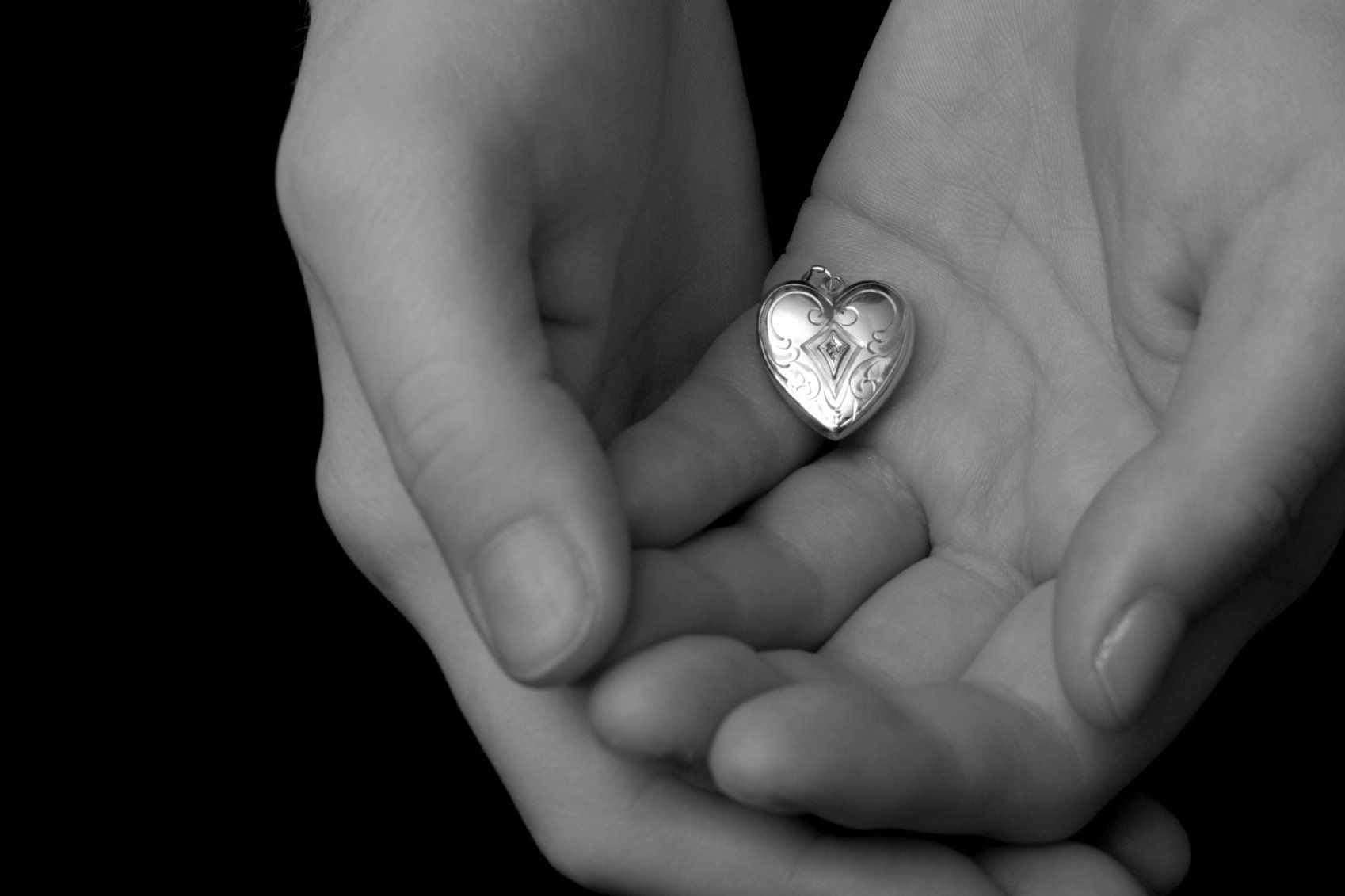Raid The Piggy Bank
The other day my older daughter insisted that she wanted to open her piggy bank to count the coins she's been saving from when she was a toddler. The adorable pink porcelain pig has been siting in her room for more than seven years with a daily deposit of coins and each time she made the deposit, I reminded her that she was learning a vital financial lesson: saving for the rainy day.
So I was surprised when she insisted that we should open the piggy, count the coins and convert them to cash for her purse. When I declined, she cried and said I was being mean (that's okay). But her request got me thinking about the legality of "to raid or not to raid the piggy?" Some parents traditionally support the thou-shalt-not-raid while others feel it's not a big deal to lend from piggy after all, she's a bank. Some even feel like it doesn't matter if the money is not returned especially if the child is be too young to understand the value of the money.

Personally, I lean towards the traditional use of piggy banks. I remember growing up in Nigeria with my wooden rectangular box and so proud to deposit cash each time I received a financial gift from a visiting uncle or aunt. There were days I would shake my piggy just to listen to the tune of my money dancing around; I would dream of the day to break open the box and find thousands of Naira inside.
My mom was a staunch advocate of saving for the rainy days but she was also a single mom who, a very few times needed extra cash to meet our needs. So guess where we got the extra cash? Yep! From our ol' faithful wooden piggy bank. Other than those few times borrowed, my piggy bank kept the money secured. Interestingly, I don't remember what happened to it because I went off to boarding school and that was that. Though I didn't have the opportunity to spend my "earned" money, I think the principle of saving for a rainy day definitely influenced my financial choices as an adult.
There are parents who view 'borrowing'' money from the piggy as a way of teaching their children to support the family "no matter how little the support is". The idea is that children will learn to be communal with family, sharing and helping from their young age.
Whatever your stance, experts
advocate having a healthy balance. Imagine if your child sees you taking money from piggy without explanation, what message is that passing across to them ? That it's okay to take whatever I want whenever I need it? Then how often will the borrowing happen and will it be returned on time? When these are not communicated to children, the inconsistencies can lead children to give up on the idea of budgeting and planning money as they may not see the point of setting financial goals and sticking to the plan.
Some say it's best to not borrow from the piggy at all but rather establish a family budget and try as much as possible to stick with such it. And should a financial need arise that requires borrowing, it is important to seek consent from the child (no matter how young) and if they say no, then as hard as this may sound, please respect their decision as you would if an actual bank declined to lend a loan (ouch!!!).
Do you agree with this? Share your thoughts below.
Shalom

Isn’t it interesting that when you conduct a google search for list of women who struggled with depression or mental illness in the Bible, the list usually consists of men and perhaps one or two women at most. Some might argue it’s because the Bible was mostly patriarchal; however, pages of Scripture are littered with stories of women…strong women who at one point in their lives endured the strains of a mental illness, whether short or long-lived. Mental Health is such a vital aspect of humanity. What makes us human isn’t merely our physical health and spiritual health. Without our mental health, we are incomplete. So it baffles me that we rarely speak about this aspect of our lives. What’s even more shocking is the stigma we (humans) place on those who struggle with an ill-health in the mental aspect of their humanity. Why is that? As I’ve always asked, if someone is diagnosed with cancer or diabetes, or high blood pressure or tooth cavity, or congestive heart failure, or found in spiritual ill-health such as lying, stealing, fornication, adultery, etc., do we automatically stigmatize those with these types of illnesses? Or do we empathize with and encourage them to seek appropriate treatment? I think most of us fall into the latter category. In the same token, those struggling with mental ill-health deserve such empathy rather than stigmatization. While the Bible describes many individuals dealing with all manners of mental illness, I want to share a few women and their plights: From the first few pages of the Bible, we read about the first family, their dysfunctions and shortcomings. Eve certainly must have endured Major Depression when her first son murdered her second son in cold blood. Then to watch that same first son being cursed and made a wanderer on earth (essentially becoming homeless, aimless and hopeless)! Many of us may not consider what Eve must have endured and though the Bible does not explicitly explain this either, we get a glimpse from the meaning of the name of another son she birthed: Seth means, “God has granted another son in place of Abel, whom Cain killed.” What a trauma! (Genesis chapter 4). We don’t know Noah’s wife’s name but we are familiar with the experience their family endured—worldwide, colossal wipeout! Imagine being the wife of a man that received the task to build a world class ark/ship/boat/yacht/submarine or whatever you want to call it! Once again, I can only imagine. (Genesis chapter 6, 7,8,9) Barrenness drove Sarai, Rachel and Hannah to pull extreme stunts. Sarai going as far as upgrading her servant’s status to co-wife and imagine what happened when the said servant became pregnant by her husband, the same man she’d been having sex with for decades without success! (Genesis 16). Similarly, Hannah watched her husband impregnant her co-wife over and again while she (the most loved) remained infertile. Bible records in 1 Samuel 1: 10 that “Hannah was in deep anguish, crying bitterly as she prayed to the Lord.” The impact of such trauma in Hannah’s life was evident by priest Eli’s accusation ( 1 Samuel 1: 14). How can I conclude this writeup without the mention of Mary, the mother of Jesus! The horror to watch your son suspended in the air by several inches of nails in his hands and feet! Yes, she knew He was the Savior, she knew He was special, unlike the rest of her children. Still, no mother is ever prepared for such event! Again, the Bible does not discuss her mental state during and after these dark moments in the history of the world but we can only imagine that Mary stayed in bed most of those three days after Jesus had died, crying until tears dried from her eyes. The emotional toll it must have taken even long after Jesus ascended to heaven. Ever ponder about that? Amazingly, the stories of these women did not end in sorry or depression or sadness. That’s the beauty; knowing that God loves us and sees whatever we are going through. That’s why Bible verses such as Romans 8:28 and Jeremiah 29:11 have a special hold on my heart. Each woman identified in this article laughed in the end: Eve gave birth to so more sons and daughters. Noah’s wife and her family survived the colossal wipeout and set their feet, once again, on dry earth! Sarai (later called Sarah) gave birth to her own child, a son for her husband! Rachel whom Jacob loved very much gave birth to two children as well! Hannah of course gave birth to Samuel, a son better than ten sons! Mary, the mother of our Lord Jesus also had other sons and forever known as The Mother of our Savior! Are you a woman reading this piece and wondering why you’re going through whatever it is you’re going through, let me encourage you with this: I am on this same ship with you. You might be in the deeper end of the struggle just as I once was, and I’ll be honest, it was really dark and scary. You feel alone, lost, anxious with no ability to pray. Remember how Hannah was described? In deep anguish, crying bitterly as she prayed onto the Lord; yet literally, no words proceeded from her lips. Here’s my step by step guide to come out of that deep end: If in a crisis, Text “NAMI” to 741741 Call/Text: (202) 304-8793 or Email: olatundebola2017@yahoo.com Schedule an appointment with your primary care doctor Request for PHQ9 assessment Request at least two weeks or few days wellness time-off from work Call National Alliance on Mental Illness (NAMI) https://www.nami.org/About-Mental-Illness/Mental-Health-Conditions/Depression or 1-800- 950 - NAMI (6264) Find a Support Person or Group to confidentially speak about the situation. Pray: simply dialogue with God. The only formula for praying is the Lord’s Prayer and its as simple as talking to a friend. There’s no need for perfection during this dialogue. Shalom

Motherhood isn’t just a role, it’s a destiny that starts the moment your heart, without warning, connects with another heart—usually a tiny beating heart that flutters in your stomach. For mothers who begin this destiny in-utero, your heart sings a different tune towards this unknown being slowing invading your internals. For most, it’s a happy tune, an indescribable happiness mixed with mild anxiety over the safety of this invader. Day after day, week and after week, you begin to realize that it’s your destiny to provide a safe haven for this foreigner until its arrival into this cruel world. For mothers who begin this destiny ex-utero, you’re equally preparing for a role unlike any other. Your heart sings differently than ever before, a mixture of happiness and anxiety over acceptance, connection and so much more. There’s a constant silent question in the back of every mother’s head: do I have what it takes to raise this individual? This isn’t a question of financial competencies, though that too is important. This question is at the very core, a question of fulfilling her destiny of Motherhood.

By design, the human body has limitations, even if at its healthiest. For example, we can only bend our arms so far before snapping the bones into two. Or the fact that the muscles of the feet are designed to grow tired after long hours of walk/running or general activities. These aren’t necessarily negative limitations; they simply the body’s way of protecting itself from breaking down to beyond repair.



